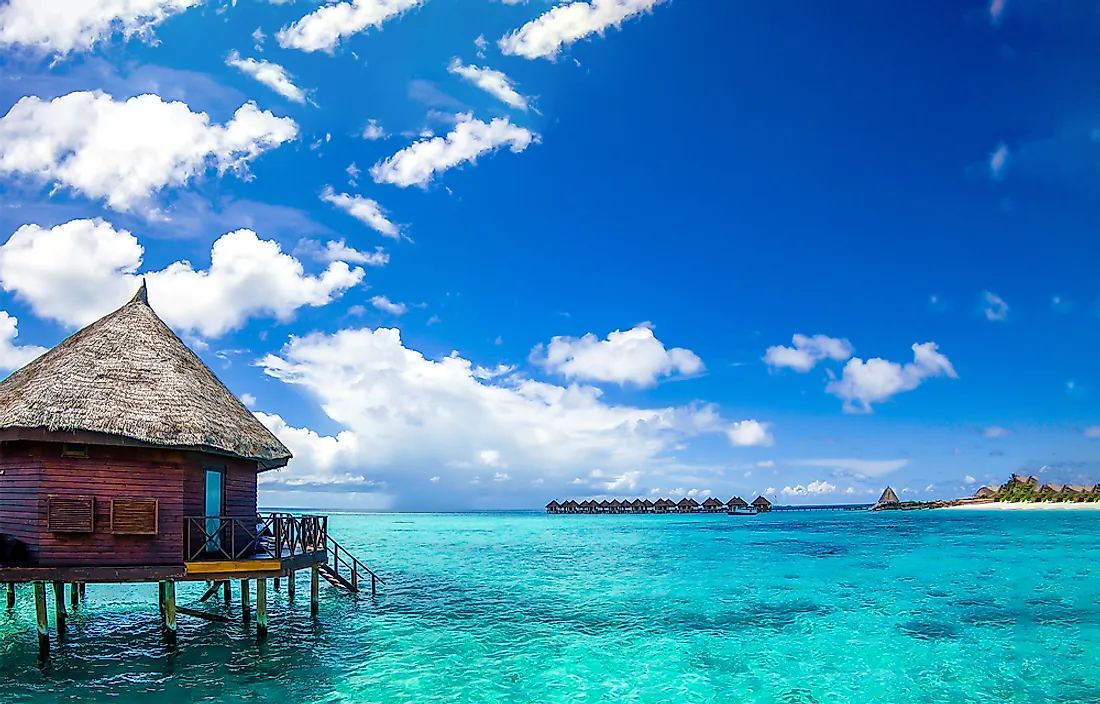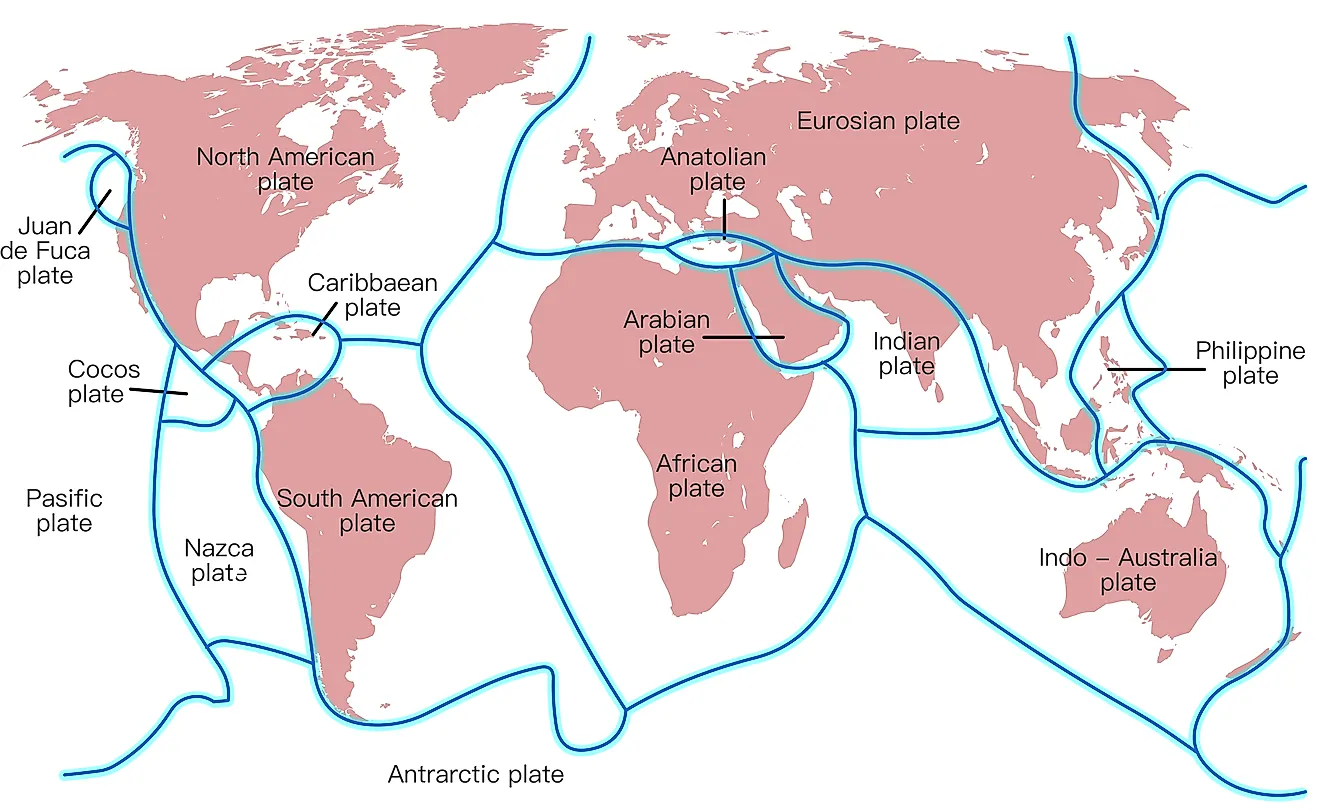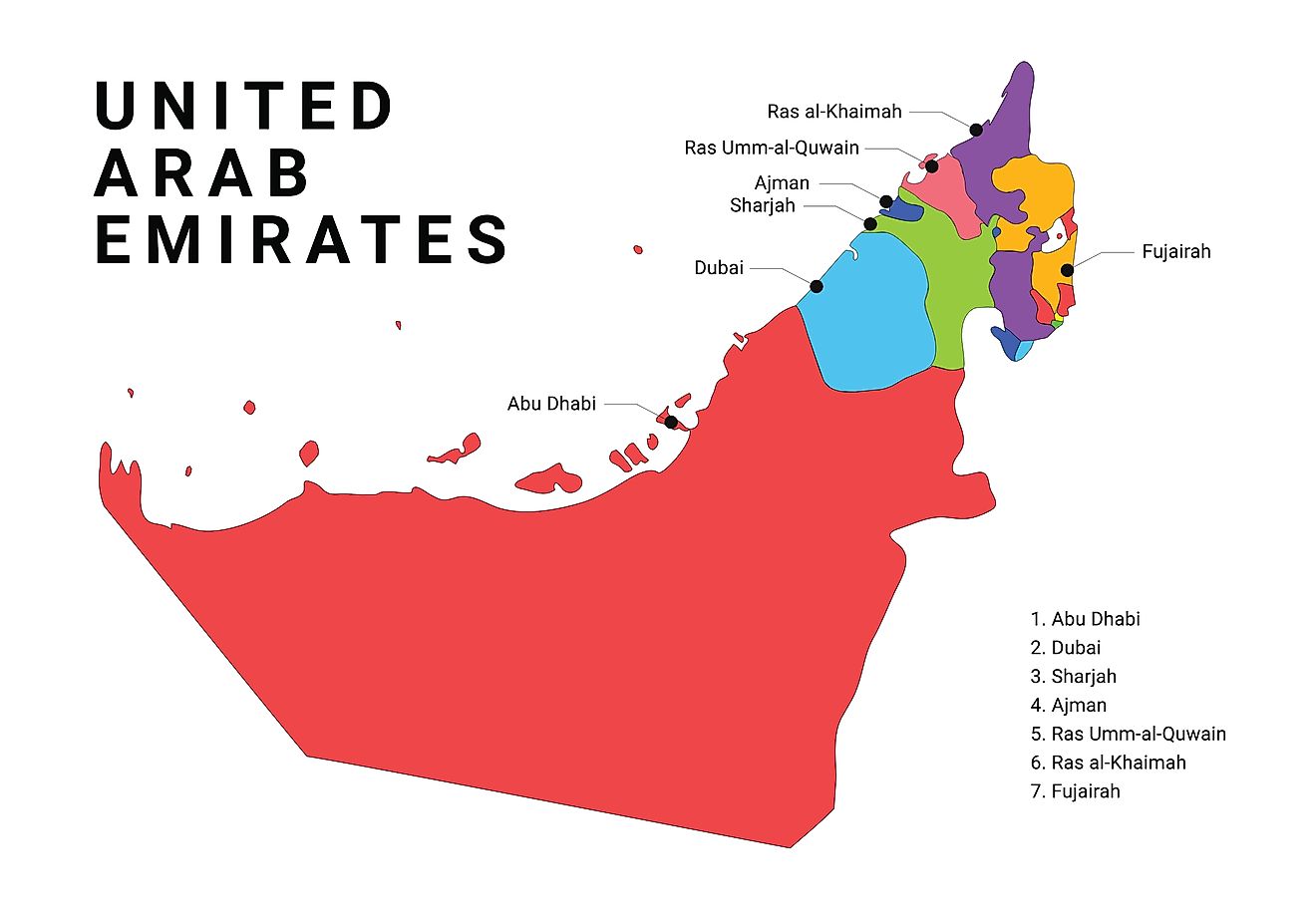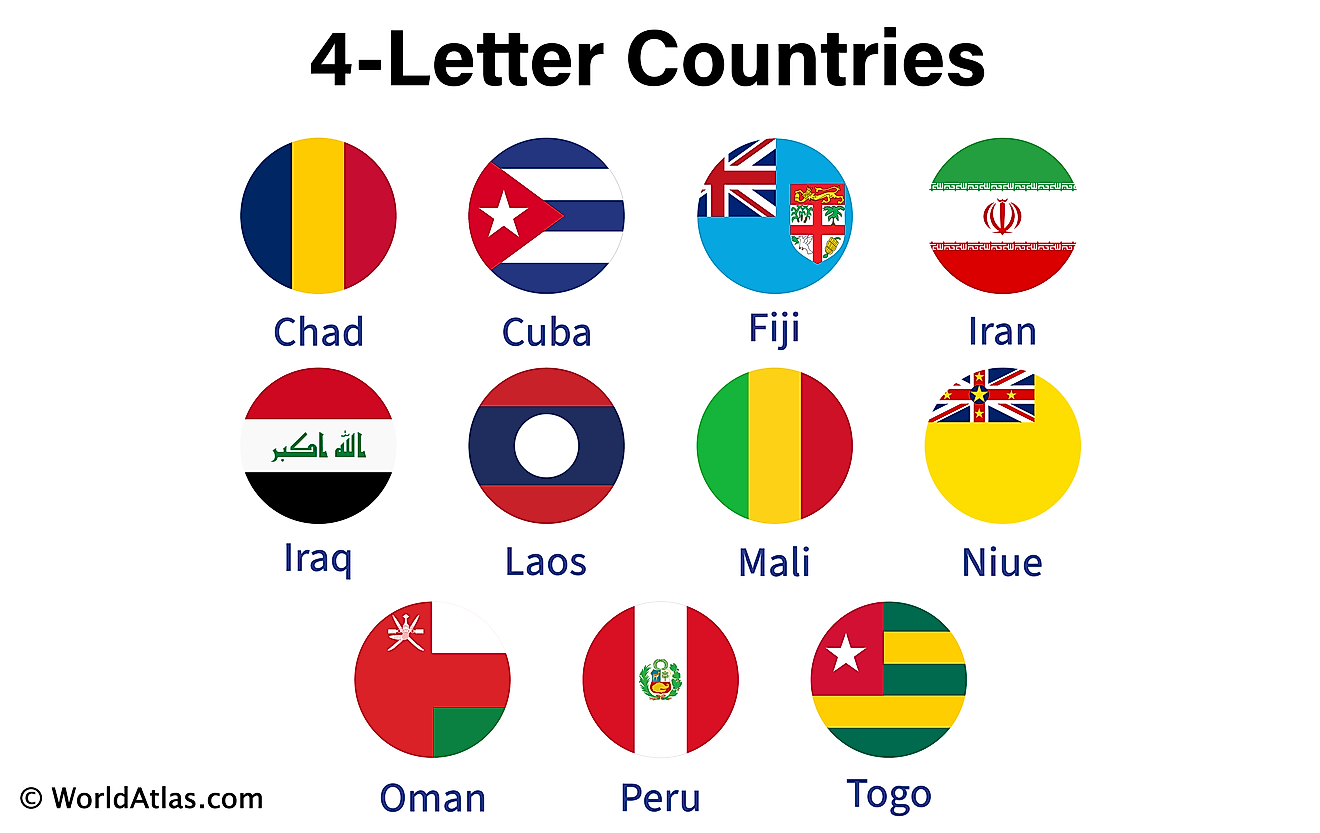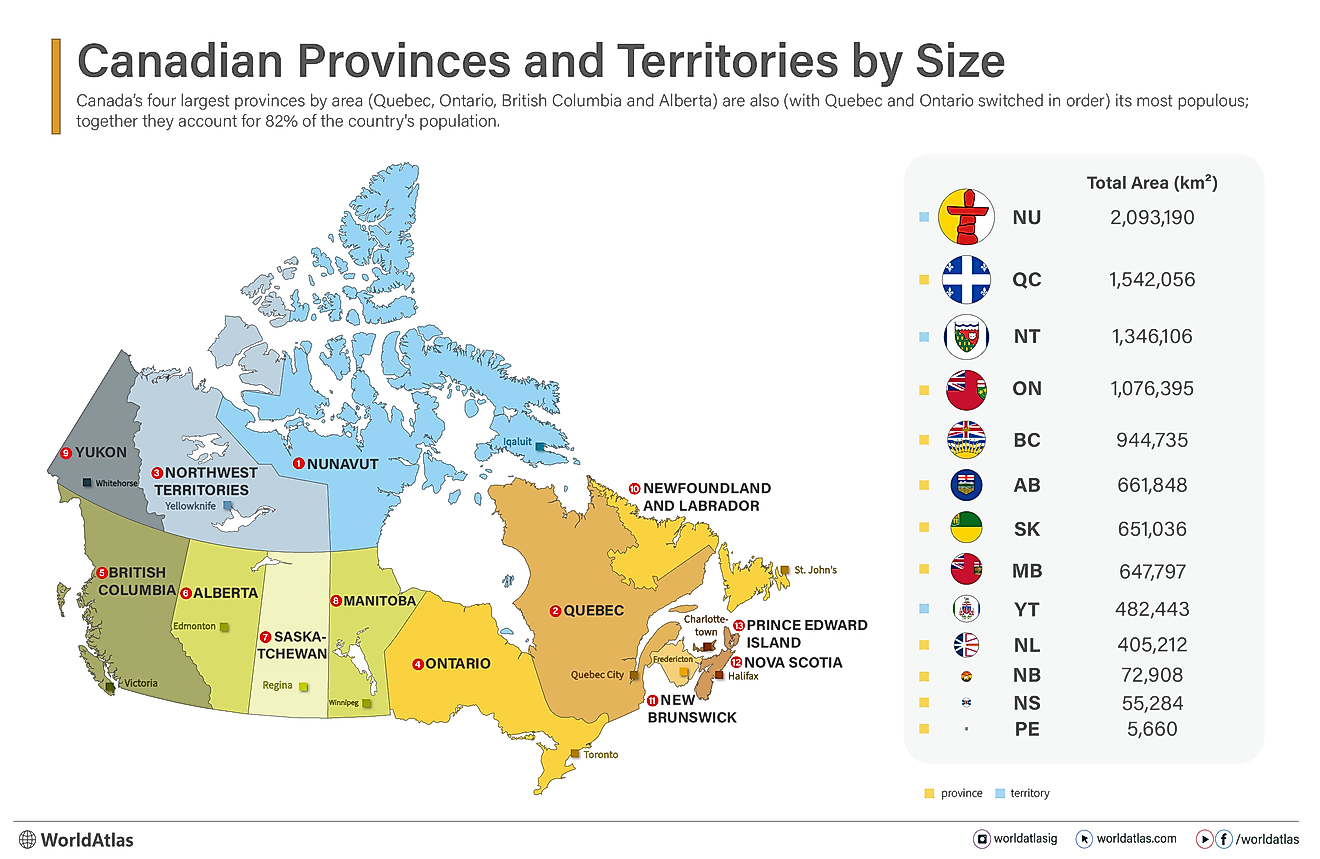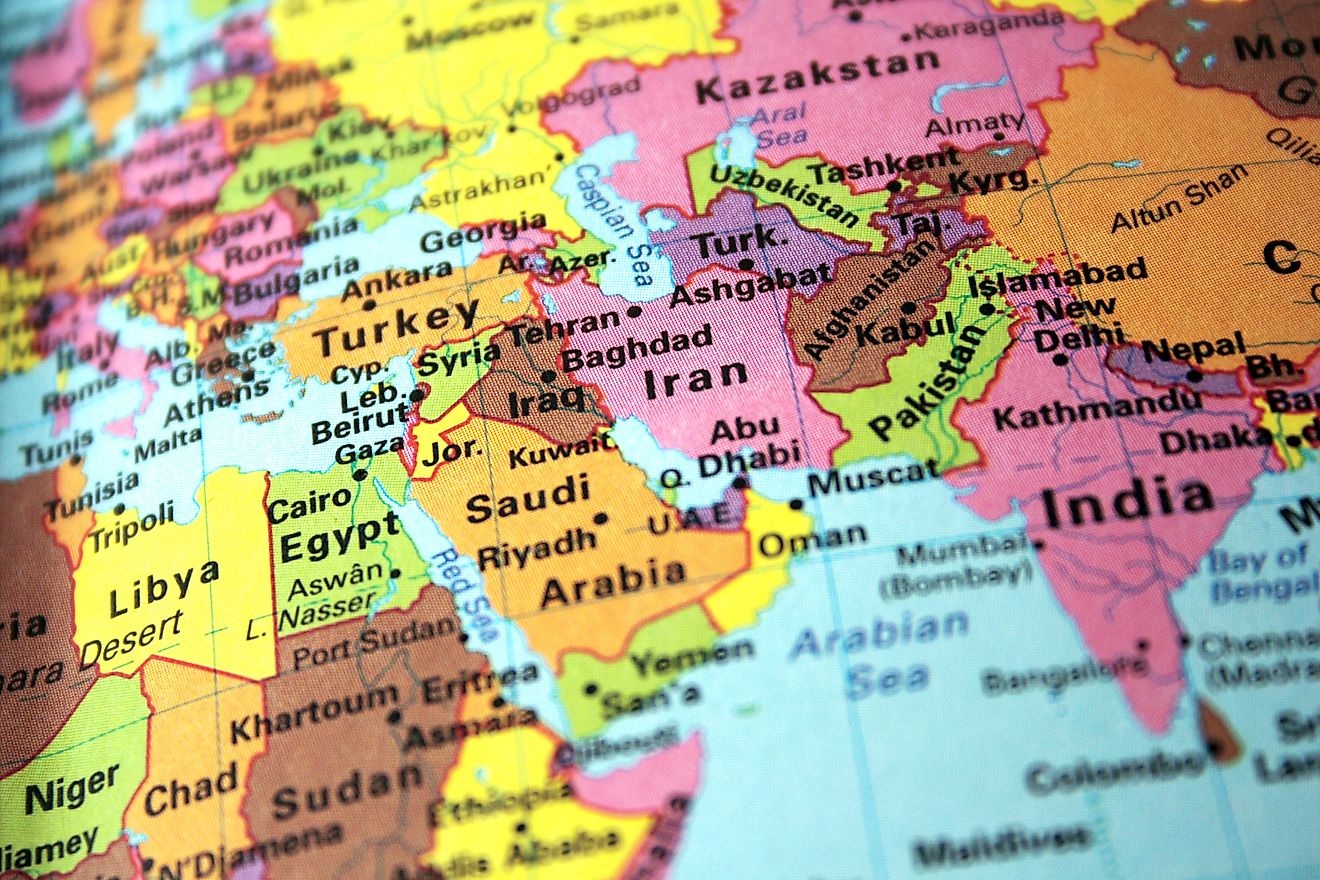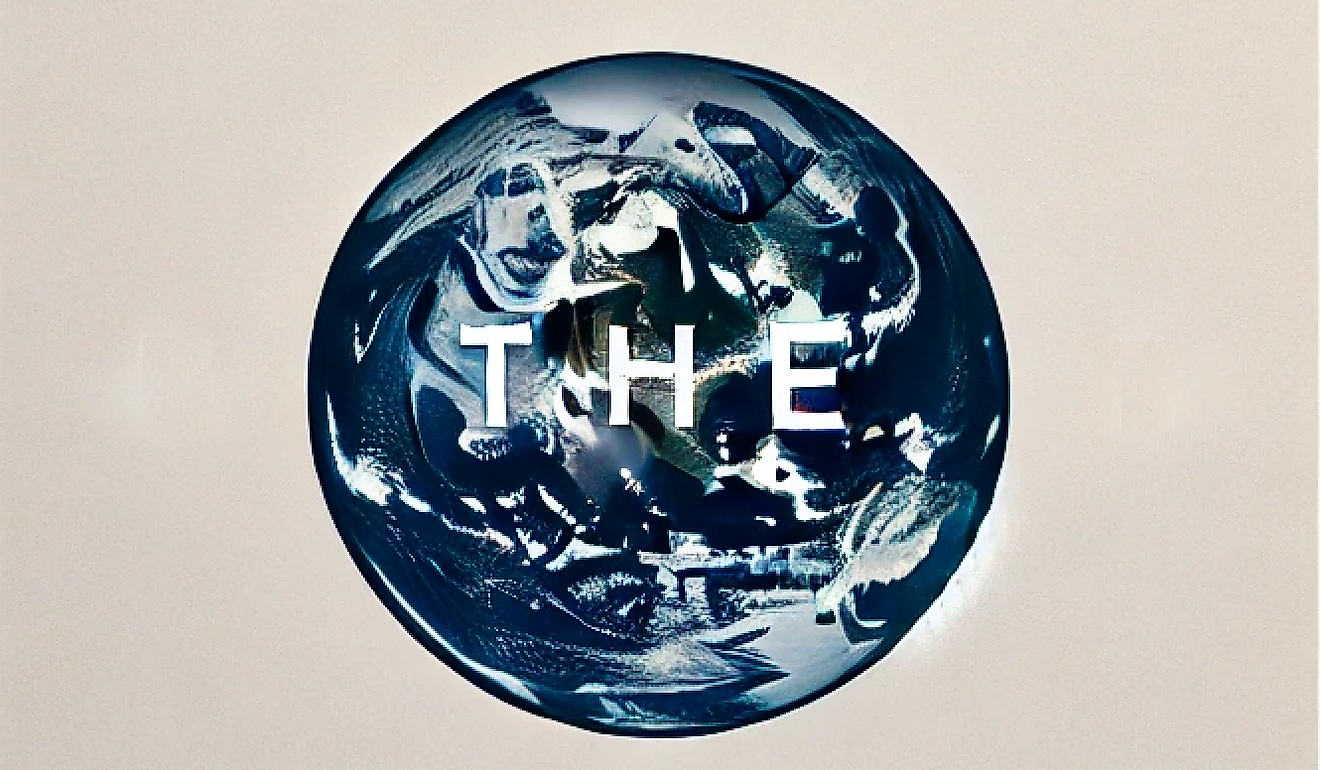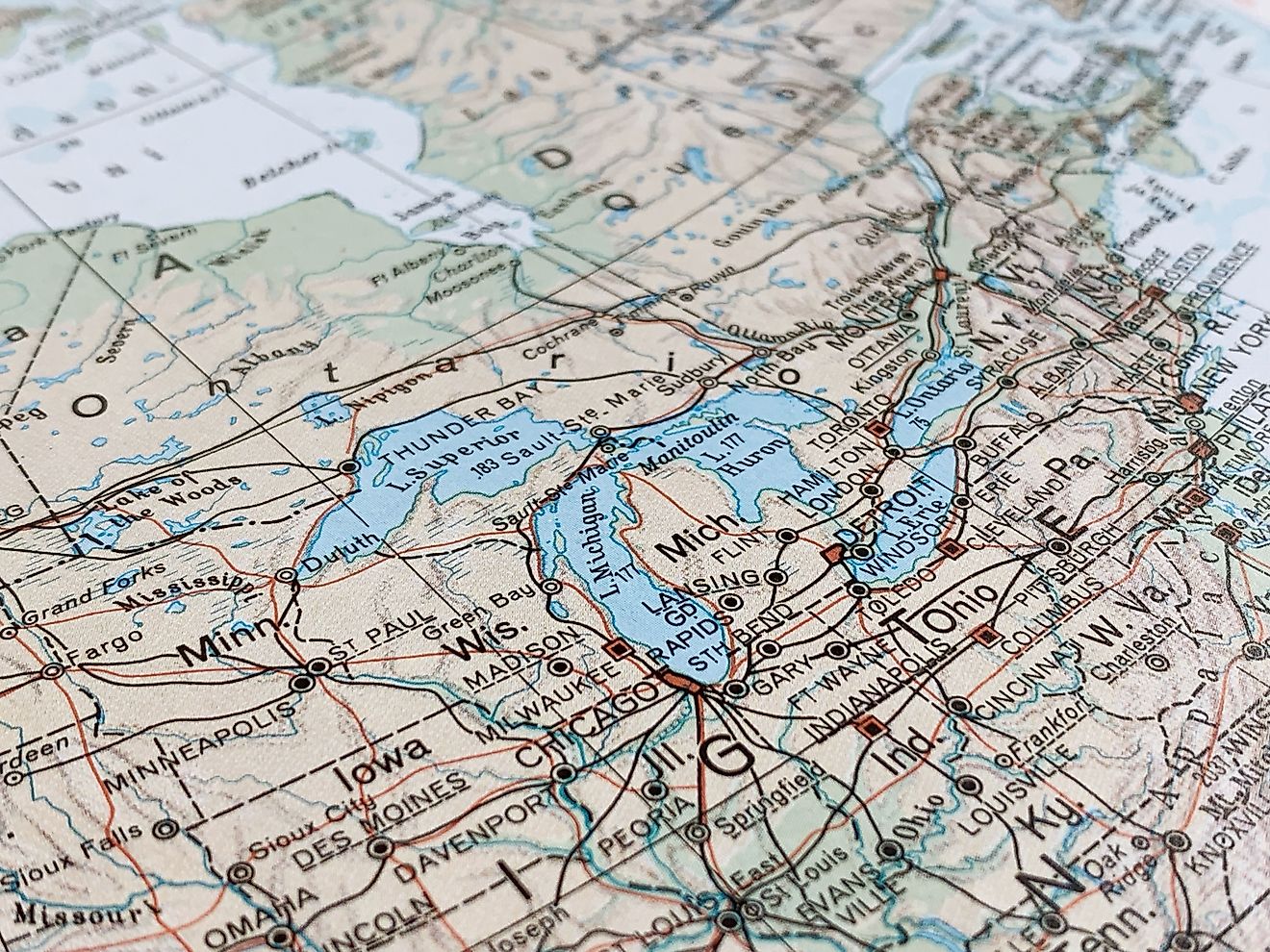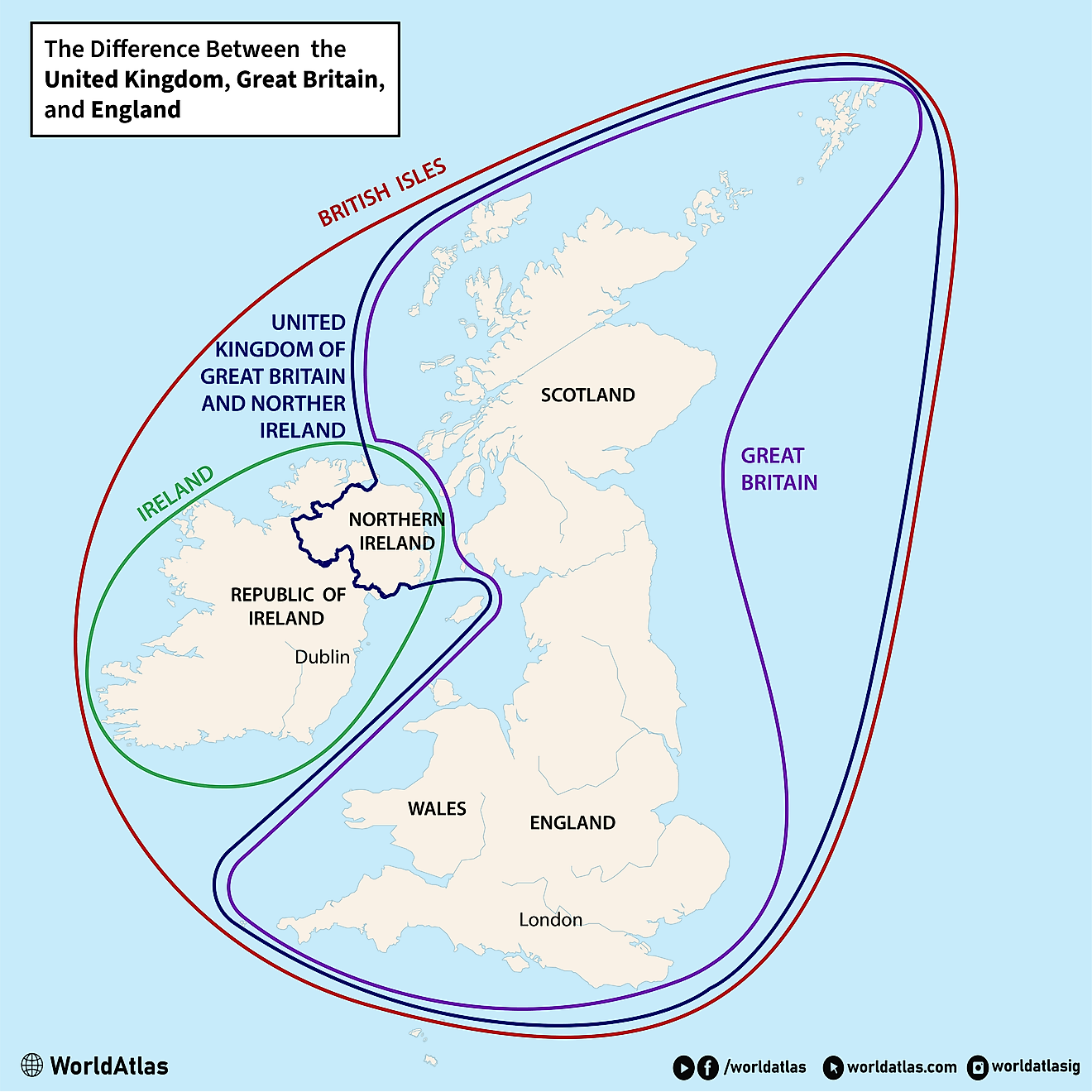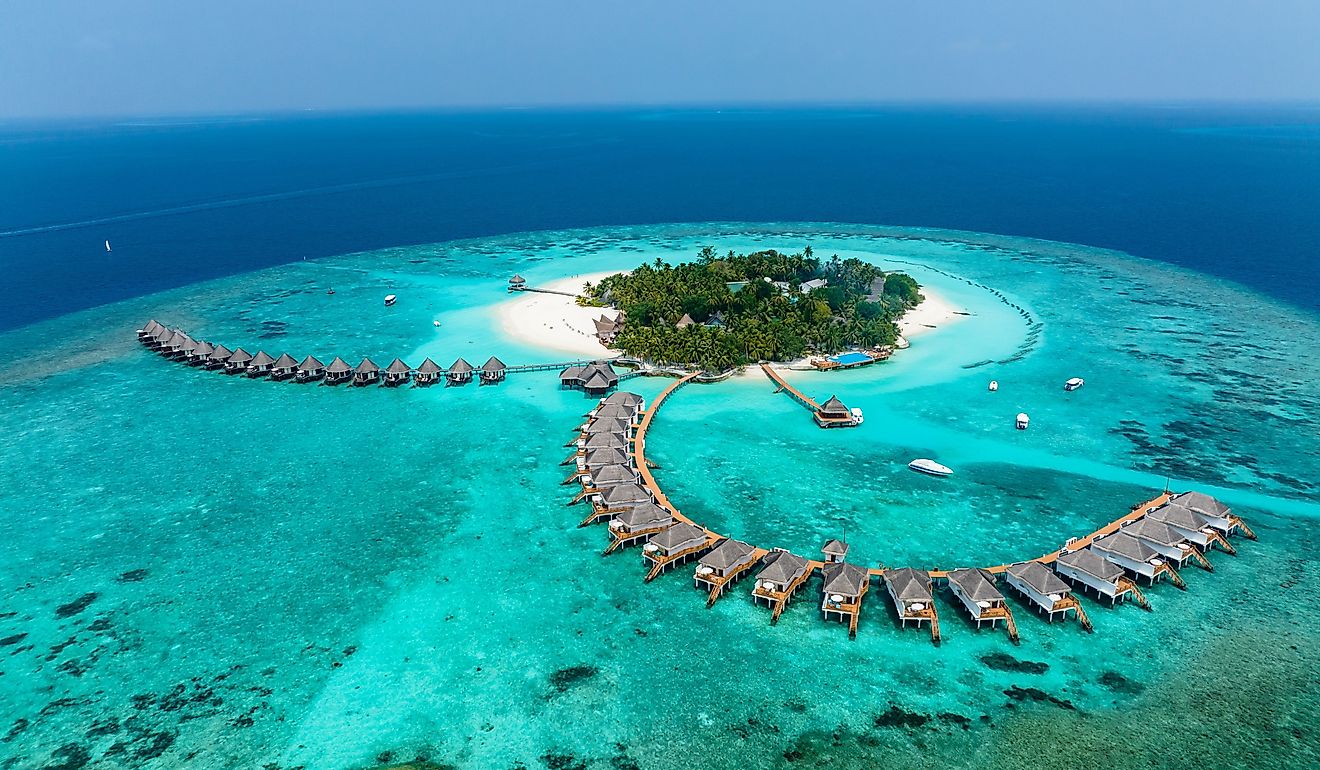
Sea Cliffs Of Étretat, France
In the Haute-Normandie region of North Western France lies the sleepy town of Étretat, a communal settlement in the Seine Maritime department. It is located along the coastal area of the Pays de Caux area, around 20 miles northeast of Le Havre, right where the junction of the D 940 and D 139 roads can be found. This tourist town and its surrounding small farming areas are well known for their majestic, picturesque seaside cliffs. Namely, these include the Aval’s Cliff, the Manneporte, the Courtine, the Amont’s Cliff, the Roc Vaudieu and the Aiguille of Belval.
Popular Tourist Destination

The Sea Cliffs of Étretat are a popular day trip destination for anyone who is keen on experiencing the austere beauty of nature. The natural beauty often leaves visitors inspired to hike along the coastline of Normandy. It’s also an ideal place to visit if you would like to see where Élie Halévy, a famous French philosopher and historian, was born. Apart from that, Guy de Maupassant also spent many years of his childhood in the town of Étretat, even writing a short story entitled "The Englishman of Étretat", as well as building a Mediterranean house of his own in the area, naming it "La Guillette".
Among the notable personalities who have admired these structures are Gustave Courbet, Claude Monet, and Eugène Boudin, who were featured in a well-read novel, The Hollow Needle authored by Maurice Leblanc. Countless artists have also done paintings of the breathtaking cliffs. Among them are Faure, who was a good friend of another popular French artist, Édouard Manet.
Wildlife In The Region

A large number of birds, including Arctic Fulmars, Peregrine Falcons, Common Gulls, and Herring Gulls, call the Sea Cliffs of Étretat their home. This is despite the fact that the seashore is being constantly subjected to strong winds and salt sprays, which many environmentalists have sought to preserve primarily for the breeding and feeding of the aforementioned fauna. The plants that abound in this area are typically rather small in size, and can only be found where the water is deep. Should you wish to take pictures of the yellow flowers of the Wooly Groundsel, you will do well to get yourself to La Côte d'Albâtre, which is the only place where the habitat is stable enough to allow for these plants to thrive. Other interesting flora you will be sure to want to find in the area are sea cabbages, red grass, and gorses, with their recognizable yellow flowers.
Threats To The Cliffs

Erosion is a major issue for coastal regions all over the world, and the Sea Cliffs of Étretat are no exception. In such places, what’s known as 'headland erosion' occurs all the time, where hydraulic abrasion causes cracks to appear in the headland. This is further aggravated by the continuous wave movements of the sea, which over the years has significantly altered the physical structures of the cliffs. When visiting the Sea Cliffs of Étretat, it is important for tourists to familiarize themselves with the place’s low- and high-tide schedules. Being trapped between the cliffs when the tide has risen is a common danger for visitors to the area, and one would do well to draft into one’s service a tour guide who knows the place like the back of their hands.
